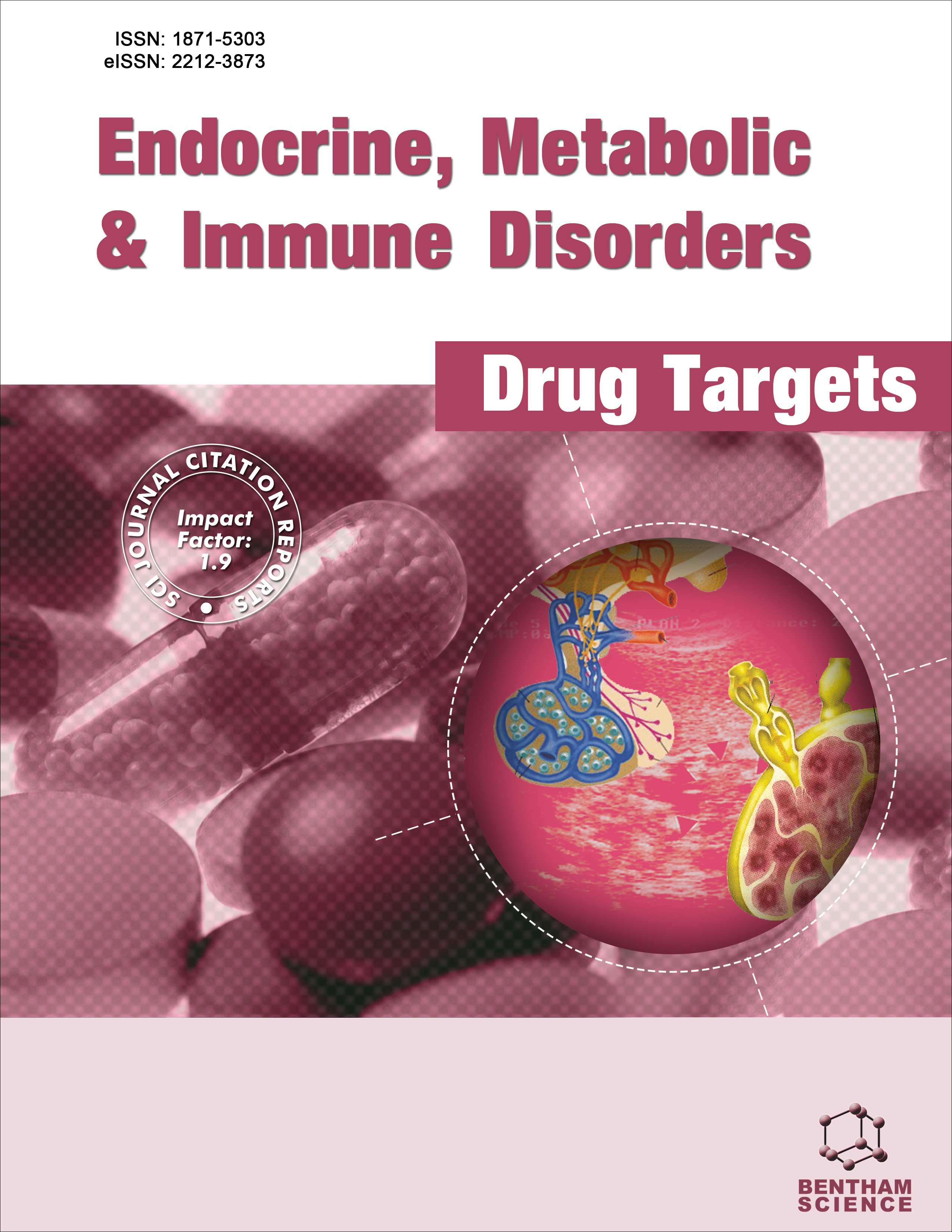
Full text loading...
We use cookies to track usage and preferences.I Understand
The purpose of this study was to identify predictive and risk factors for the development of immune-related endocrinopathies and to analyze the incidence and characteristics of immune-related endocrinopathies in our population.
A retrospective, single-centre cohort carried out at Gregorio Marañón Hospital between January 2018 -December 2019.
A total of 163 patients were enrolled. In January 2018 and December 2019, we treated patients who underwent ICI treatment in the Medical Oncology Department of General University Hospital Gregorio Marañón, a tertiary care public hospital in Madrid, as part of an observational, retrospective, single-center cohort study.
Endocrinopathies were diagnosed in 19.5% of the patients (n = 32). The tumours with the highest incidence of endocrinopathies were non-small cell lung cancer (25,9%), kidney cell cancer (25%) and hepatocarcinoma (20%). Among the 32 patients who developed endocrinopathy, 18,8%, 19,13%, and 21,28% received anti-CTLA-4, anti-PD-1 and anti-PDL-1, respectively. Thyroid dysfunction was the most frequent endocrinopathy (12,8%). A higher percentage of patients with negative antiTPO and antiTG antibodies developed G1 hypothyroidism compared to patients with positive antibodies who developed a higher proportion of G2 hypothyroidism. The presence of an initial phase of thyrotoxicity was not related to greater severity. We observed longer progression-free survival in patients who developed thyroid dysfunction.
Pre-existing antibodies were independently associated with endocrinopathies. Moreover, our study let us conclude that the presence of thyroid autoantibodies may be related to its severity. It is important to determine anti-thyroid antibodies prior to the start of immunotherapy as a risk factor for thyroid dysfunction, which in turn is a prognostic marker.

Article metrics loading...

Full text loading...
References


Data & Media loading...

